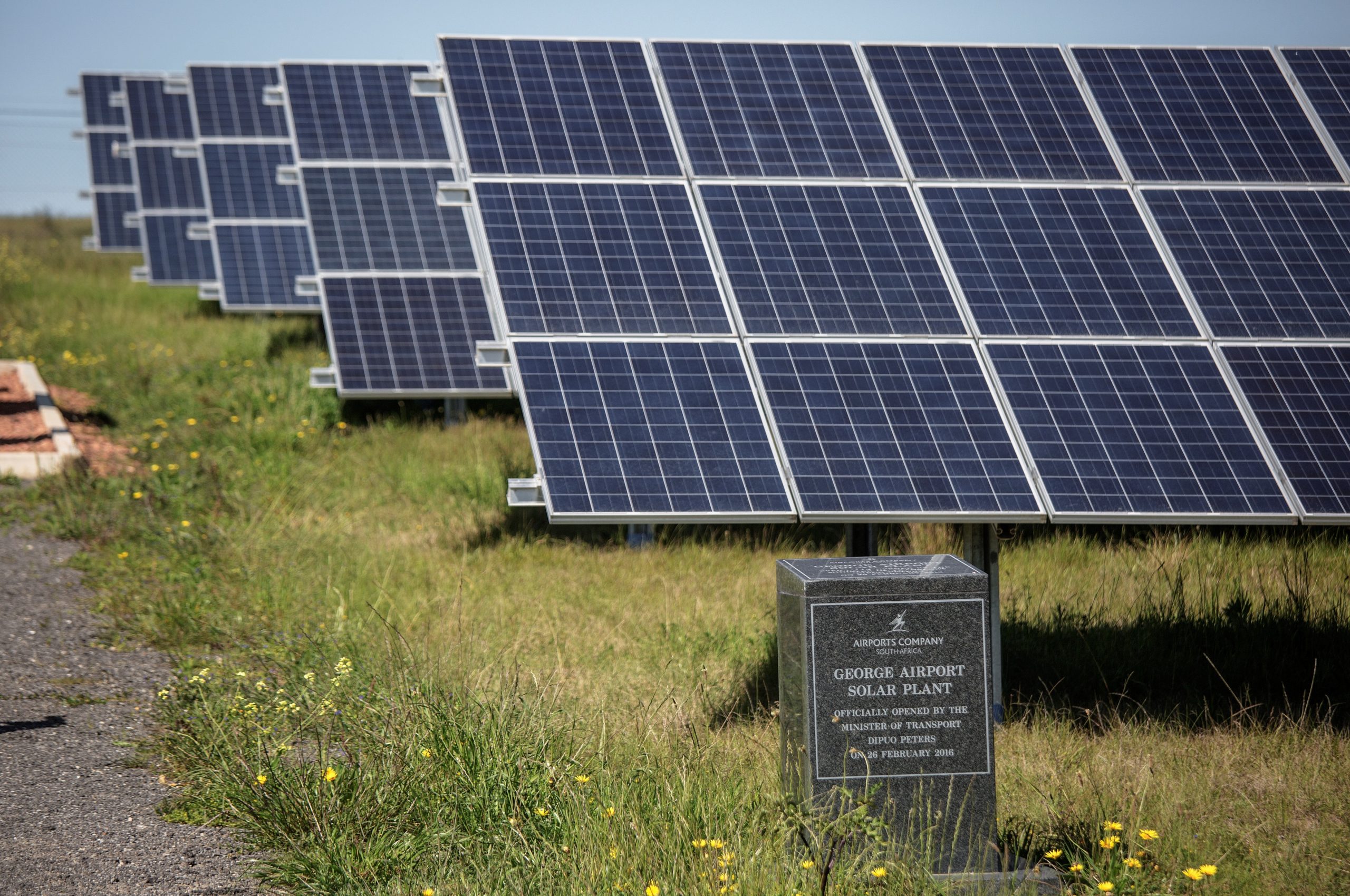Global clean energy transition holds new promise for Africa’s economic and social development. Solar, renewables, critical minerals and green hydrogen will offer strong growth potential for Africa if managed well. This is according to Africa Energy Outlook 2022 special report from the International Energy Agency’s World Energy Outlook (IEA)
“Today’s crippling spikes in energy prices underscore the urgency and the benefits for African countries of accelerating the scale up of cheaper and cleaner sources of energy,” the IEA says in the report
African economies are not only grappling with the economic shocks brought about by Russia’s invasion of Ukraine that has sent food, energy and other commodity prices soaring but also Africa is trying to recover from increased strain brought about by the Covid-19 pandemic.
Increased international ambitions for cutting emissions are helping set a new course for the global energy sector amid declining clean technology costs and shifting global investment patterns. African countries are poised to benefit from these trends and attract increasing flows of climate finance.
“Africa has had the raw end of the deal from the fossil fuel-based economy, receiving the smallest benefits and the biggest drawbacks, as underlined by the current energy crisis,” said Fatih Birol, the IEA Executive Director.
“The new global energy economy that is emerging offers a more hopeful future for Africa, with huge potential for solar and other renewables to power its development – and new industrial opportunities in critical minerals and green hydrogen,” he added
The Africa Energy Outlook 2022 explores a Sustainable Africa Scenario in which all African energy-related development goals are achieved on time and in full. This includes universal access to modern energy services by 2030 and the full implementation of all African climate pledges.
“The immediate and absolute priority for Africa and the international community is to bring modern and affordable energy to all Africans – and our new report shows this can be achieved by the end of this decade through annual investment of $25 billion, the same amount needed to build just one new LNG terminal a year,” Dr Birol reiterated
With demand for energy services in Africa set to grow rapidly, ensuring affordability is an urgent priority. Increased energy efficiency is essential for this, since it reduces fuel imports, eases strains on existing infrastructure and keeps consumer bills affordable.
Africa’s vast resources of minerals that are critical for multiple clean energy technologies are set to create new export markets but need to be managed well, with Africa’s revenues from critical mineral exports set to more than double by 2030.
A number of low-carbon hydrogen projects are underway, focused primarily on producing ammonia for fertilisers, which would strengthen Africa’s food security. Africa has huge potential to produce hydrogen using its rich renewable resources. As much as today’s energy demand could be produced at internationally competitive price points by 2030.
Achieving Africa’s energy and climate goals means more than doubling energy investment this decade. This would take it over USD 190 billion each year from 2026 to 2030, with two-thirds going to clean energy.
“Multilateral development banks must take urgent action to increase financial flows to Africa for both developing its energy sector and adapting to climate change,” said Dr Birol.
“The continent’s energy future requires stronger efforts on the ground that are backed by global support. The COP27 Climate Change Conference in Egypt in late 2022 provides a crucial platform for African leaders to set the agenda for the coming years. This decade is critical not only for global climate action but also for the foundational investments that will allow Africa , home to the world’s youngest population to flourish in the decades to come,” added Birol

